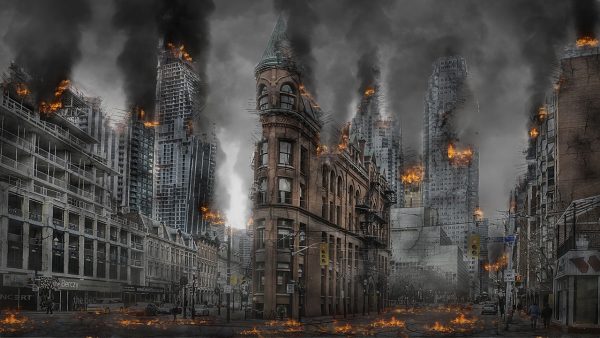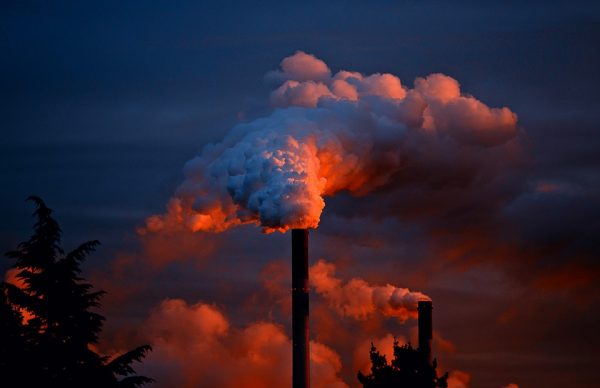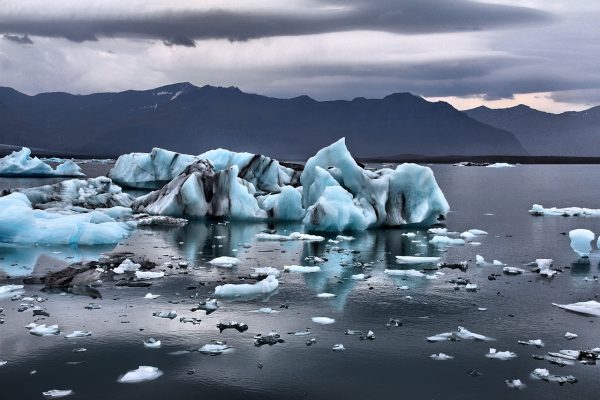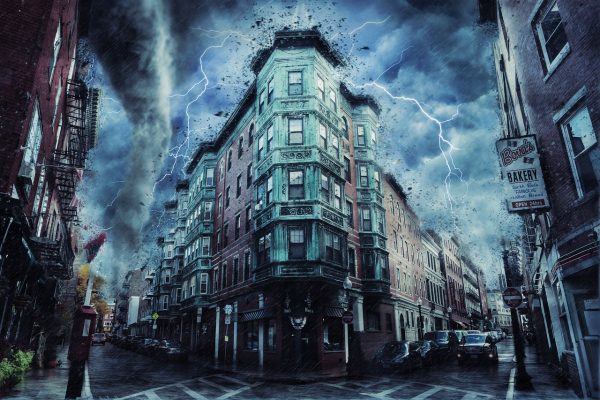We May Have Only Thirty Years Until the End of Civilization
It seems every week there’s a scary new report about how man-made climate change is going to cause the collapse of the world’s ice sheets, result in the extinction of up to 1 million animal species and — if that wasn’t bad enough — make our beer very, very expensive. This week, a new policy paper from an Australian think tank claims that those other reports are slightly off; the risks of climate change are actually much, much worse than anyone can imagine. According to the paper, climate change poses a “near- to mid-term existential threat to human civilization,” and … Read more










